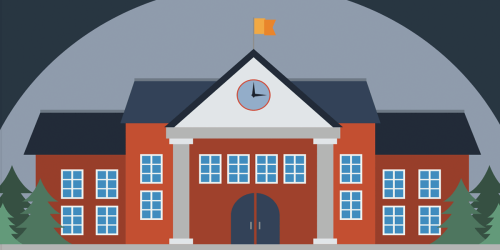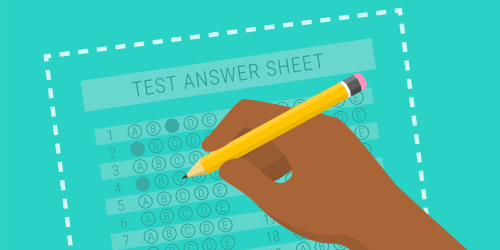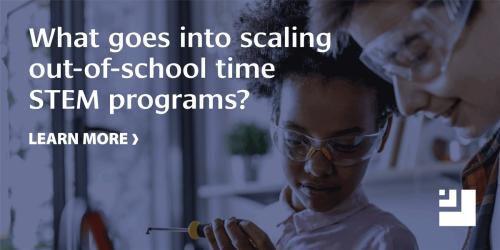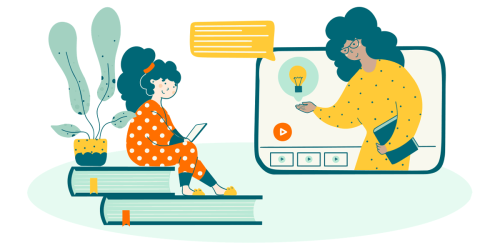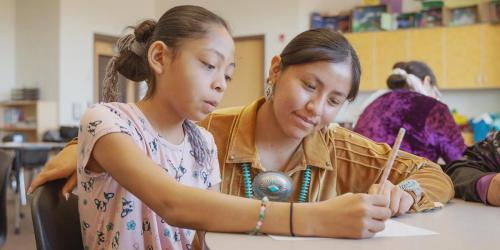A well-designed virtual conference can be just as engaging and useful—or lackluster and uninspiring— as an in-person event. Here are some quick tips that can help you up your game immediately.
To help achieve Oregon’s high school and postsecondary education completion goals, the state has been expanding its investment in accelerated learning options that give students the opportunity to earn college credit.
Today, we have an unprecedented opportunity to develop and implement innovative solutions that address long-standing educational challenges. One example is accountability testing.
To gather information about the field of out-of-school time science, technology, engineering, and math (OST STEM), Education Northwest recently conducted a national scan of OST STEM programs for the Overdeck Family Foundation
As more states extend their school closures and remote learning becomes a new reality, teachers have less time for instruction, as well as less control over when and how students work.
The sudden pivot to online teaching comes with plenty of challenges, but teachers may be further ahead than they realize because they have already built relationships with their students.
As schools, districts, and other educational entities identify their needs during this unprecedented time, Education Northwest is here to provide customized services and resources.
Quality tutoring programs center equity, uplift student voice, involve families, equip staff and volunteers with essential skills, and use data to evaluate success. Check out these eight research-based principles to make your tutoring program more effective.
We're are collaborating with the CCRC to adapt a pilot project at three community colleges in Oregon to test the usefulness of the lesson study professional development model in higher education.
Math success for students with learning disabilities and struggling learners starts with solid teaching practices combined with necessary, specially designed teaching adjustments.
According to the 2015 National Assessment of Educational Progress, two-thirds of eighth-grade students performed at or below a basic level of proficiency in mathematics.
Teachers can create a rich learning experience for everyone by providing the necessary accommodations for students with dyslexia, while also embracing their unique skills and perspectives.
This classic 1989 brief from researchers Kathleen Cotton and Karen Reed Wikelund remains widely cited and circulated more than 20 years after original publication.
This classic brief looks at the research on activities pursued by teachers to keep track of student learning for purposes of making instructional decisions and providing student feedback.
This classic research synthesis by Researcher Kathleen Cotton cites classroom, school, and district practices that research has shown to foster positive student achievement, attitudes and social behavior.

